
OR
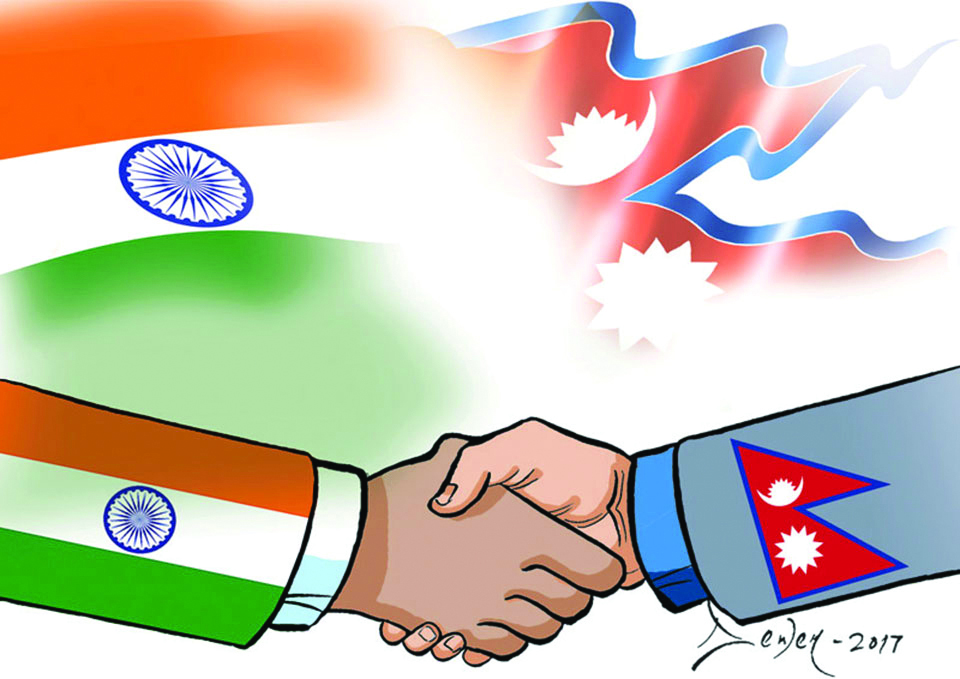

Rebanta Bahadur KC
The author has a post-graduate degree from KDI School of Public Policy and Management, South Korearebantakc@yahoo.com
More from Author
Replacing 1950 treaty with new pragmatic agreement will best serve interests of both Nepal and India and strengthen their bonds
Despite recognizing each other’s national sovereignty, territorial integrity and independent identity and laying solid foundation for friendly and cordial relations between Nepal and India, Nepal-India Treaty of Peace and Friendship (1950) has remained a bone of contention in Nepal since 1950 itself. Instead of boosting the ties, many a time, it has served as a stumbling block to deepening age-old friendly ties. This is why there has been a demand for review and replacement, even abrogation, of this treaty, especially from Nepali side.
To address the issue, Nepal and India formed Eminent Persons Group (EPGs), comprising four prominent members from each side, and it was mandated to study and review the whole gamut of issues including water, trade, transit, investment, border management and security matters and submit the report to their respective governments to help them take appropriate actions to resolve the outstanding issues to take age-old relations to a higher level.
The EPGs of Nepal and India met several times to achieve this broader objective. The last meeting, held in Kathmandu on June 30, prepared a joint report after intensive discussions, deliberations and debates with politicians, intellectuals, professionals, academicians and concerned stakeholders of both countries. Even after five months, the EPGs have not been able to submit the report to respective heads of governments because they have not been able to get the appointment with Indian Prime Minister Narendra Modi. Now questions are being raised as to whether Indian PM will receive the report at all, let alone implementing the recommendations therein. Notwithstanding, EPG’s recommendations provide the best opportunity for India and Nepal to settle various bilateral issues.
Unfair conditions
EPG report has set the recommendations to resolve contentious provisions—particularly those related to Article 2, 5, 6 and 7. These provisions undermine Nepal’s sovereignty and its sovereign right to take decision in internal affairs. The treaty has created mutual distrust and misunderstanding because of the same reason.
The treaty requires that each country should treat the citizens of other country equally in matters related to trade, property and investment. It also tacitly requires Nepal to give first priority to Indian citizens in utilizing Nepal’s natural resources. This is unfair. Besides, according to the existing treaty, Nepal has to take consent from India before importing arms and ammunitions from other countries. This undermines principle of sovereign equality of all states which is the bedrock principle of United Nations. Sovereign nations have sovereign rights for protecting and promoting national interests in conformity with international law and principles of the United Nations Charter.
Moreover, the treaty was concluded by the Rana Prime Minister whose regime was on the verge of collapse. He had agreed to those terms to secure his regime by catapulting to India’s wishes.
Both sides have violated the provisions of the treaty in the past. Thus replacing this treaty with new workable, pragmatic agreement will best serve the national interests of both countries and strengthen their socio-economic bonds.
Nepal and India share age-old friendly relations sustained by open border, cultural similarities, matrimonial ties and shared values. But this treaty has only created anti-India sentiments in Nepal. The treaty concluded in 1950 is still impeding cementing friendly relations.
After institutionalization of federalism, Nepal has entered a new era of political development. Nepal aims to maintain sustainable peace and stability by implementing “Prosperous Nepal, Happy Nepali” vision.
As the third largest economy of Asia, India is also aspiring to become a global economic power and permanent member of United Nations Security Council (UNSC). In this background, the existing misunderstanding and distrust with the immediate neighbors does not send positive message to the world. It does not support India’s ‘neighborhood first’ policy either. India needs to demonstrate big heart to take all its neighbors into confidence.
Furthermore, Nepal’s abundant resources such as water, agriculture, tourism, manufacturing, infrastructure, herbs and minerals, and India’s huge accumulated capital, advanced technology and world-class manpower and management skills could be exploited for mutual benefits. The existing trust deficit has not allowed this to happen.
Nepal has a large number of youth and energetic but unemployed youths. Jobs can be created by developing bank and financial institutions and bringing investment-friendly policies. This will also help us bring a lot of foreign direct investments. There are a lot of areas for the two countries to work together and explore the opportunities.
Thus EPG report should be accepted and owned up by the governments of both India and Nepal. Its recommendations should be implemented without further delay. These recommendations should be used to address all outstanding issues, including the 1950 treaty. This will contribute to strengthening age-old relations and deepening multifaceted people-to-people ties.
The author has a postgraduate degree from KDI School of Public Policy and Management, South Korea
rebantakc@yahoo.com
You May Like This
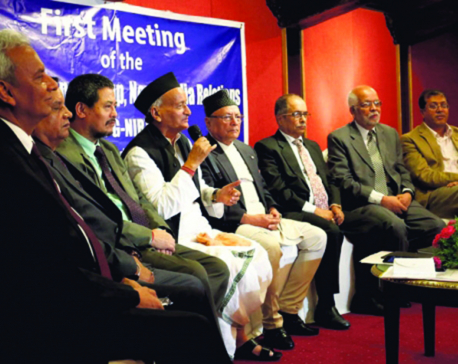
Follow the recommendations
If the recommendations of EPGs are ignored, it might raise fresh resentment against India in Nepal ... Read More...

Road to green republic
Nepal has the right to claim compensation from Indian government or the industries located across the border for contributing to... Read More...
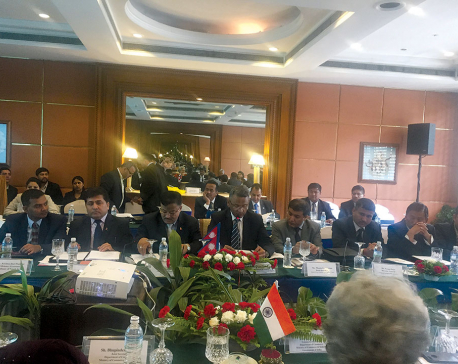
Nepal, India agree to amend transit treaty to facilitate Nepal’s trade
KATHMANDU, April 30: Nepal and India have agreed to make amendments to the bilateral Treaty of Transit to further facilitate transit... Read More...




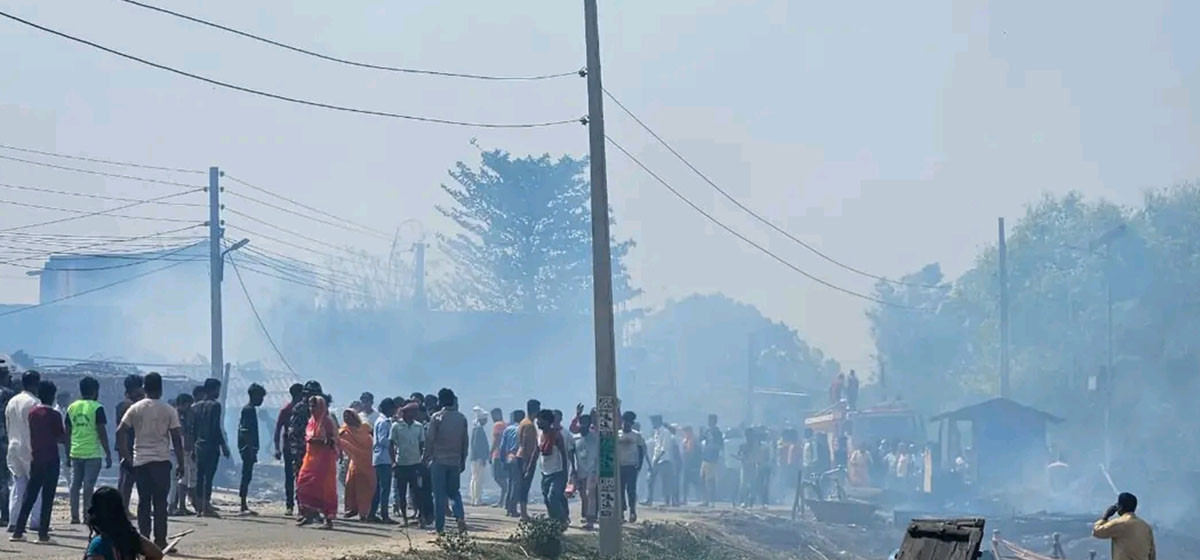

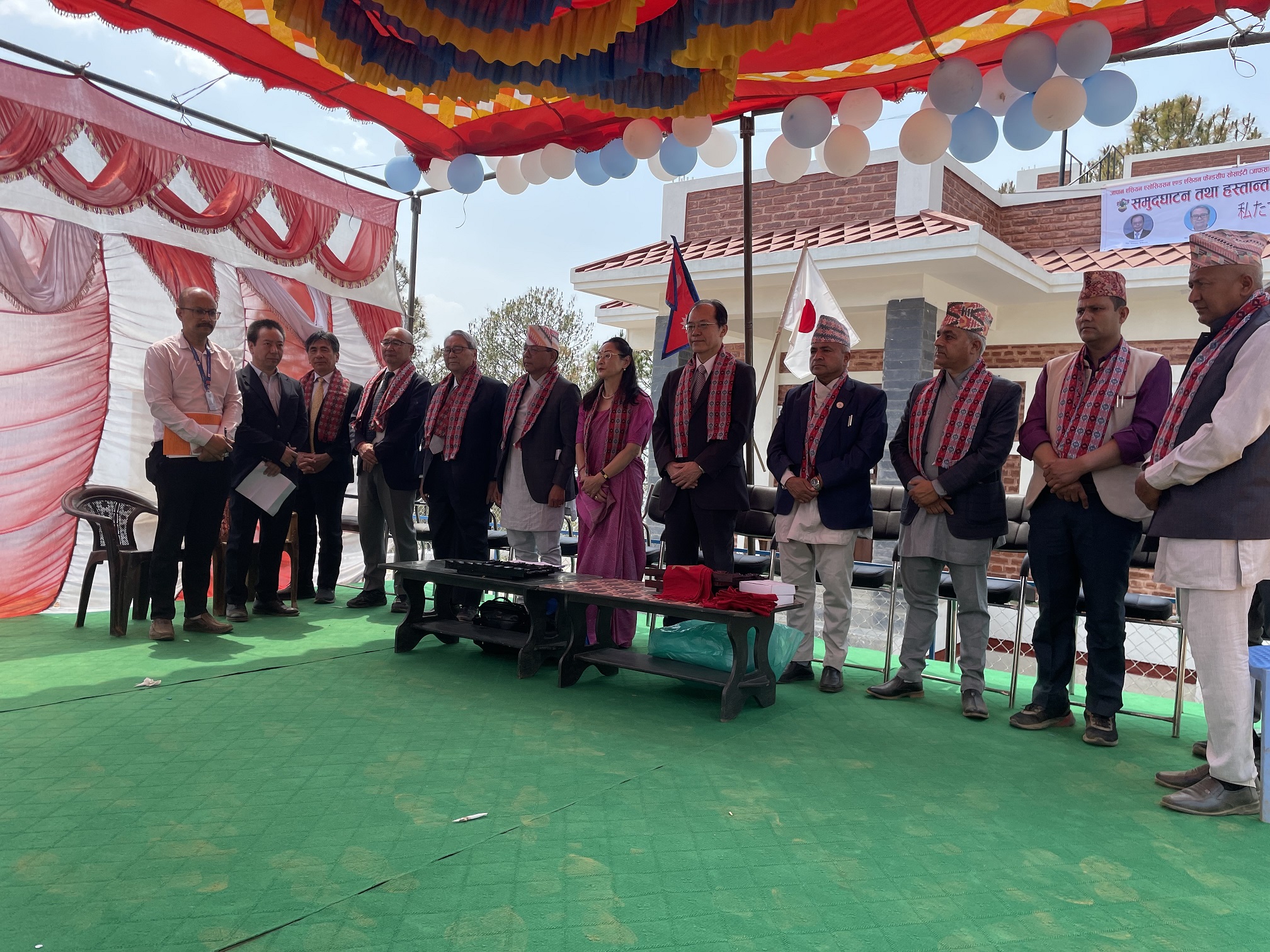
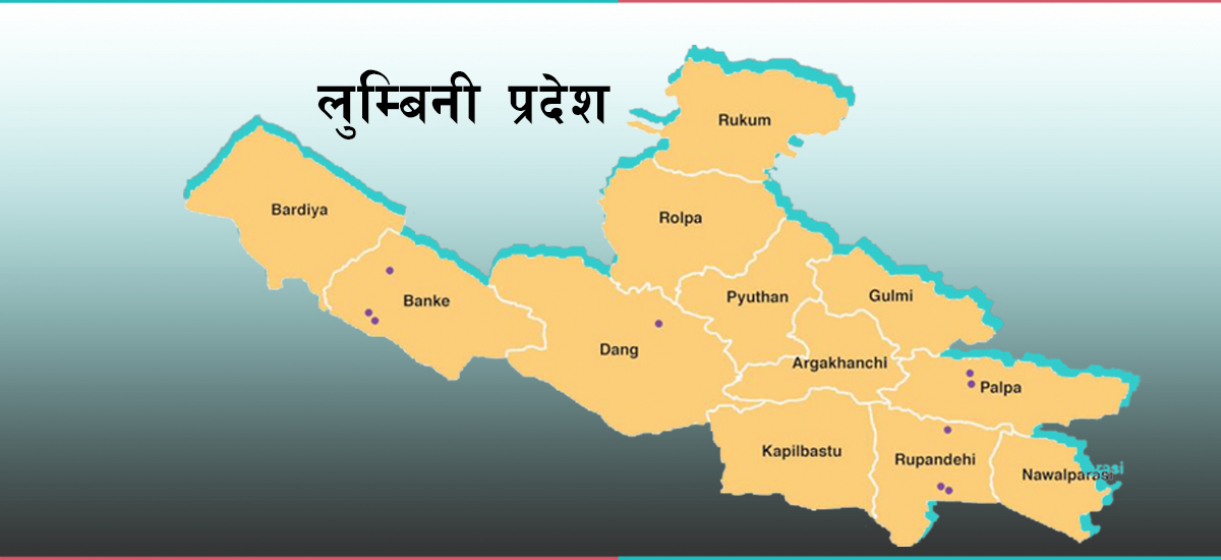
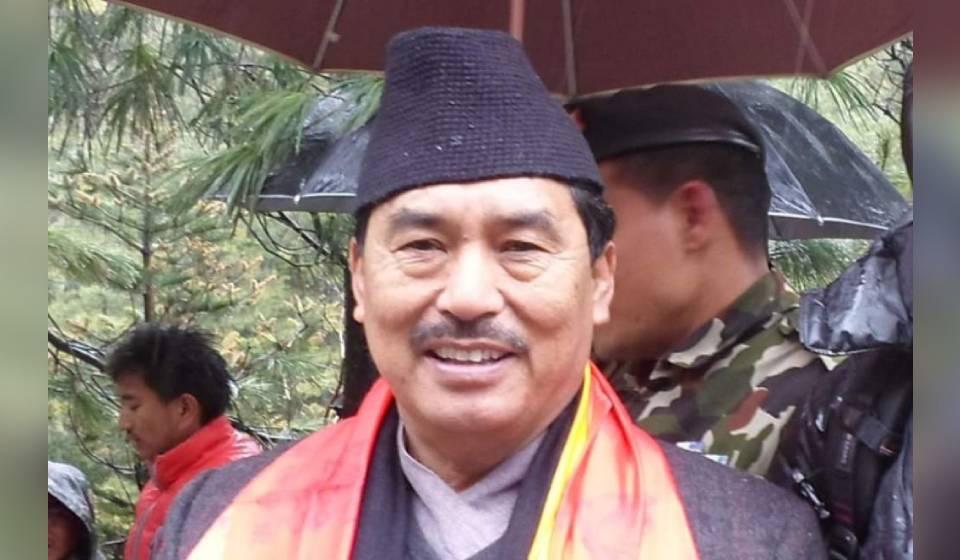

Just In
- Bagmati Govt mandates tri-lingual signboards in offices
- Inferno destroys 70 houses in Mahottari
- Health ministry urges precaution against heatwave
- Jhapa road mishap update: Three deceased identified
- Japan hands over Community Center for Disaster Prevention to Indrawati Rural Municipality
- Lumbini: Seven ministers gain portfolios
- NC lawmaker Gurung’s suspension lifted
- Homicide accused arrested after 17 years







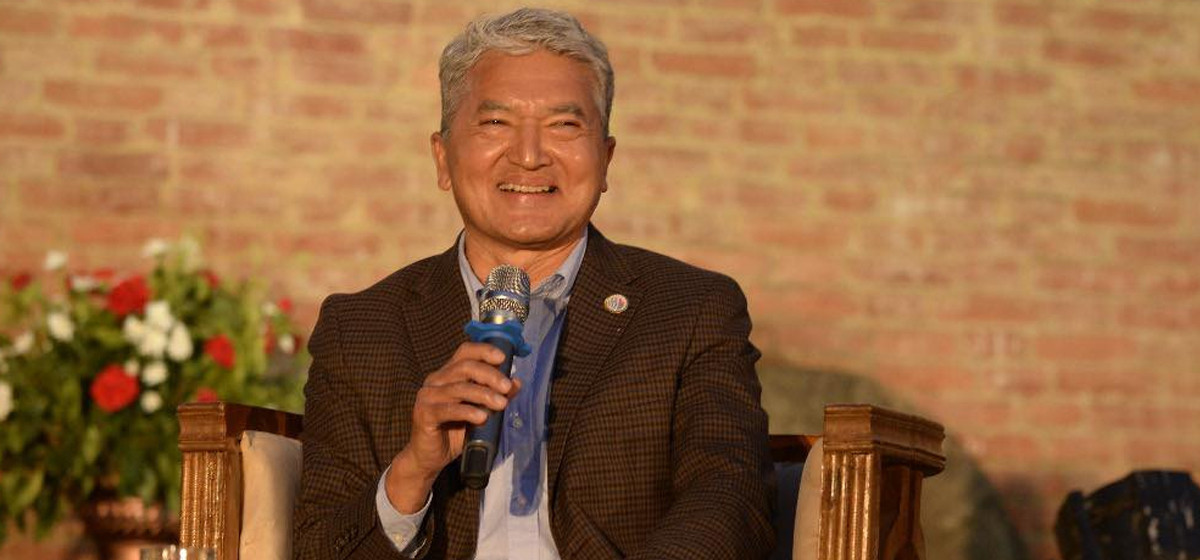

Leave A Comment